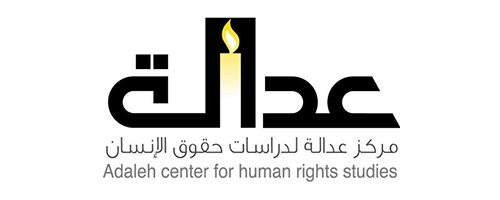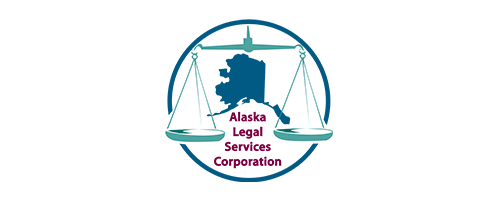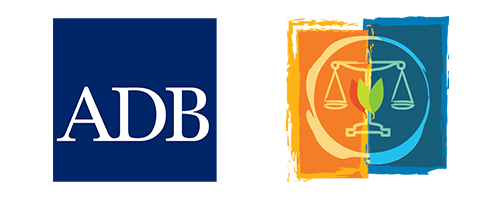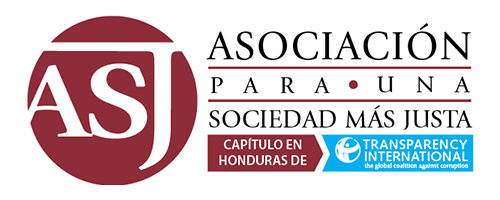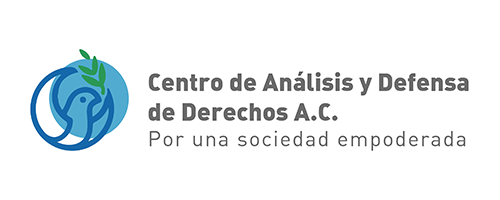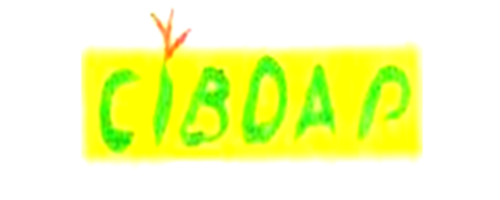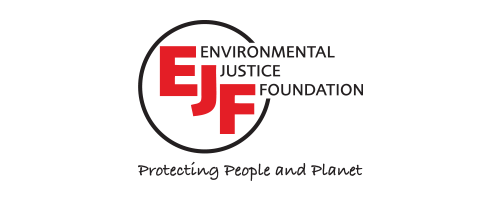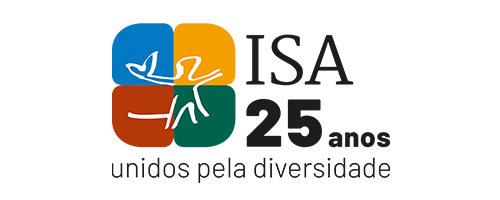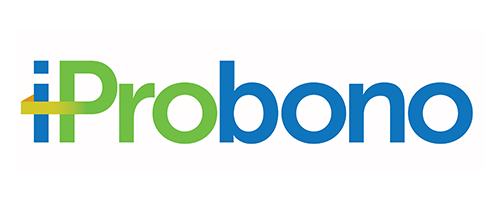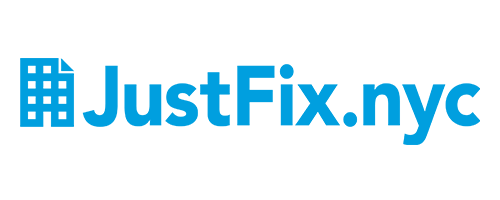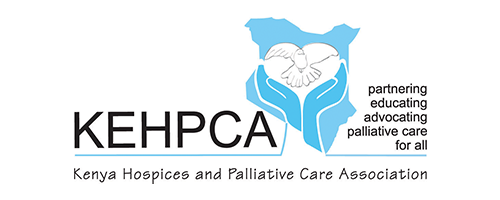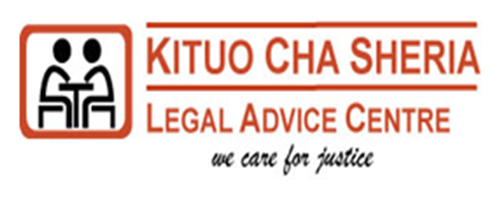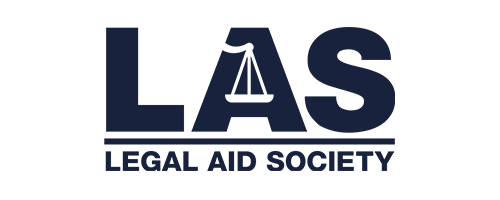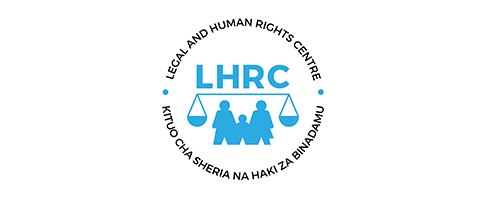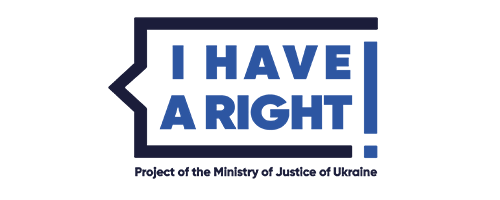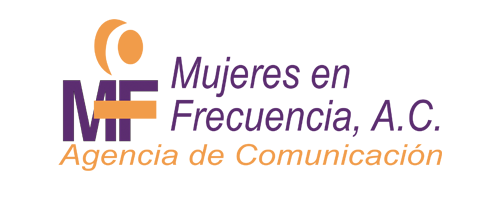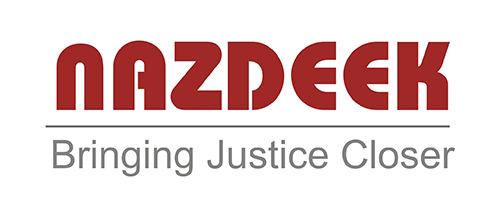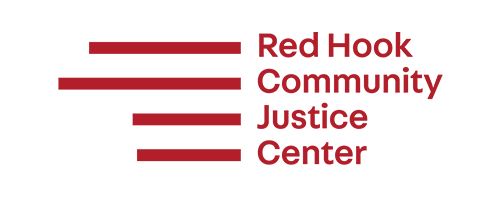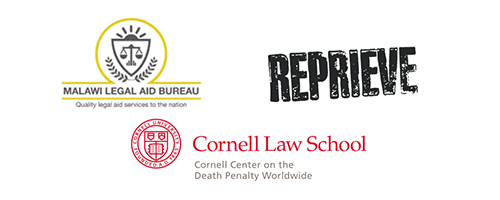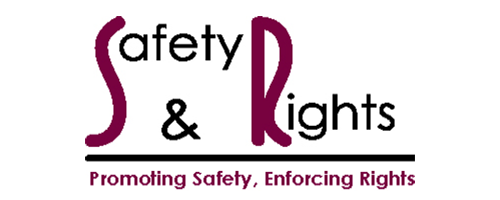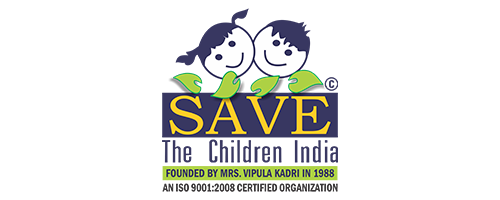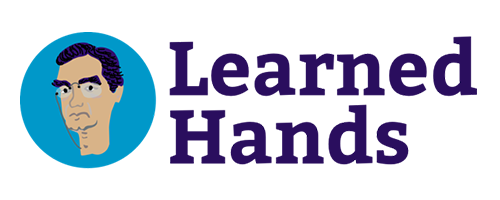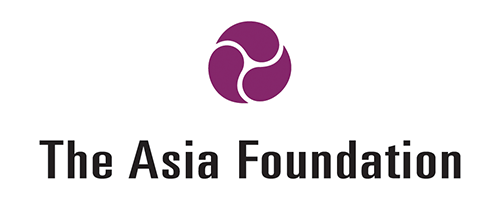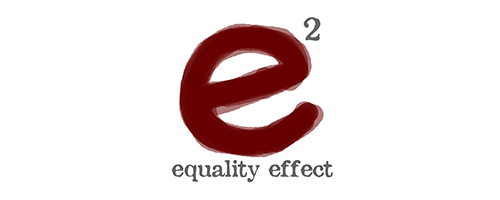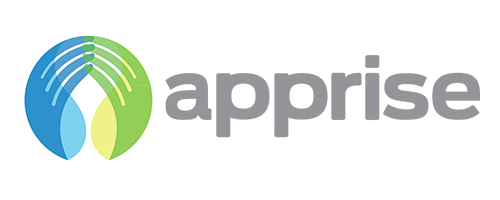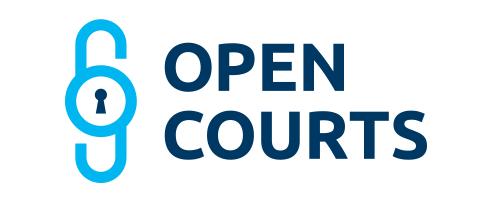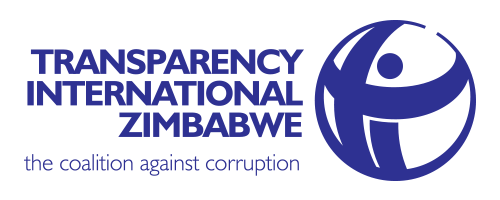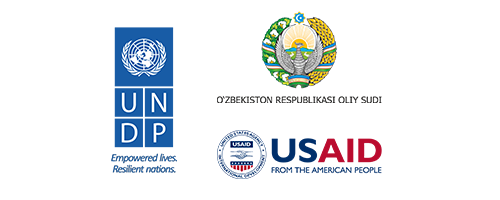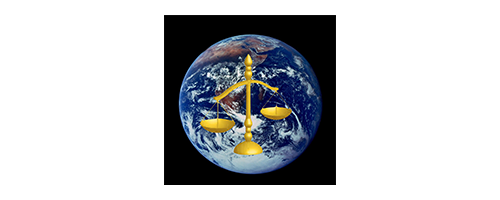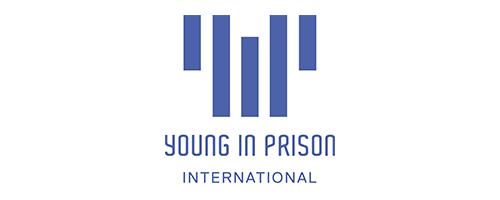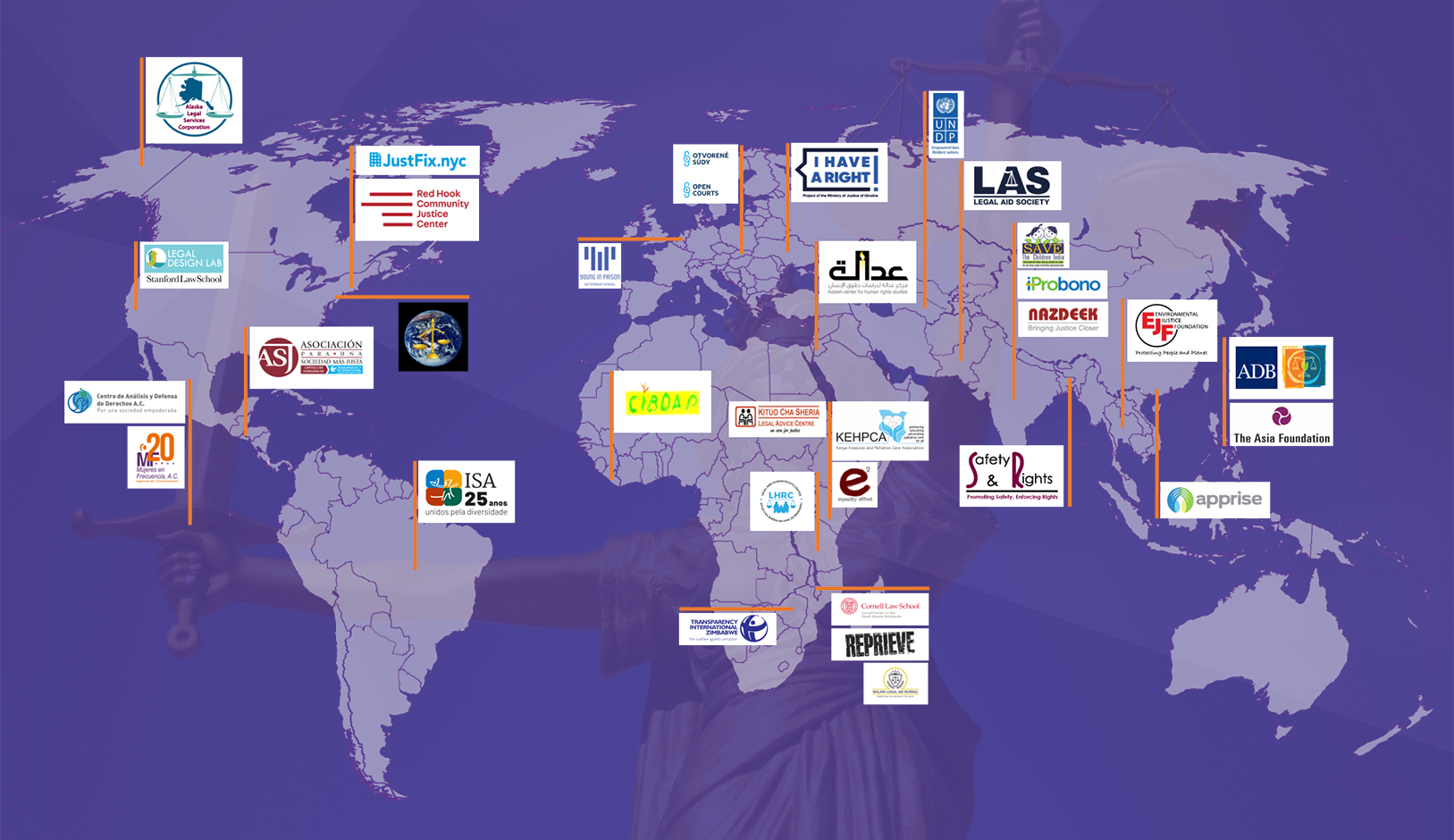
World Justice Challenge 2019: Access to Justice Solutions
In 2019, the World Justice Project organized the World Justice Challenge around the theme of Access to Justice Solutions. The objective was to identify and promote good practices and successful solutions that would help narrow the justice gap for everyday legal problems. WJP received over 250 applications and selected 30 finalists to present their projects at the World Justice Forum 2019, which took place from April 29 to May 3, 2019 in The Hague, Netherlands.
World Justice Challenge 2019 Winners
The 30 finalists presented their projects in the World Justice Forum's Expo Village and during featured presentations to Forum participants. The judges selected five winners.
To mark the one-year anniversary of the 2019 World Justice Challenge winners announcement, WJP caught up with each winning project to learn how their work has progressed, challenges faced, and how the World Justice Challenge award has supported their work. Explore the project updates:
160 Girls Access to Justice Project
The Equality Effect, Kenya
Nearly two-thirds of Kenyan girls experience sexual assault. In 2013 the Kenyan High Court found that police failure to enforce existing rape law had created a climate of impunity. This project is working to change this culture through police trainings, education, and creative legal advocacy projects.
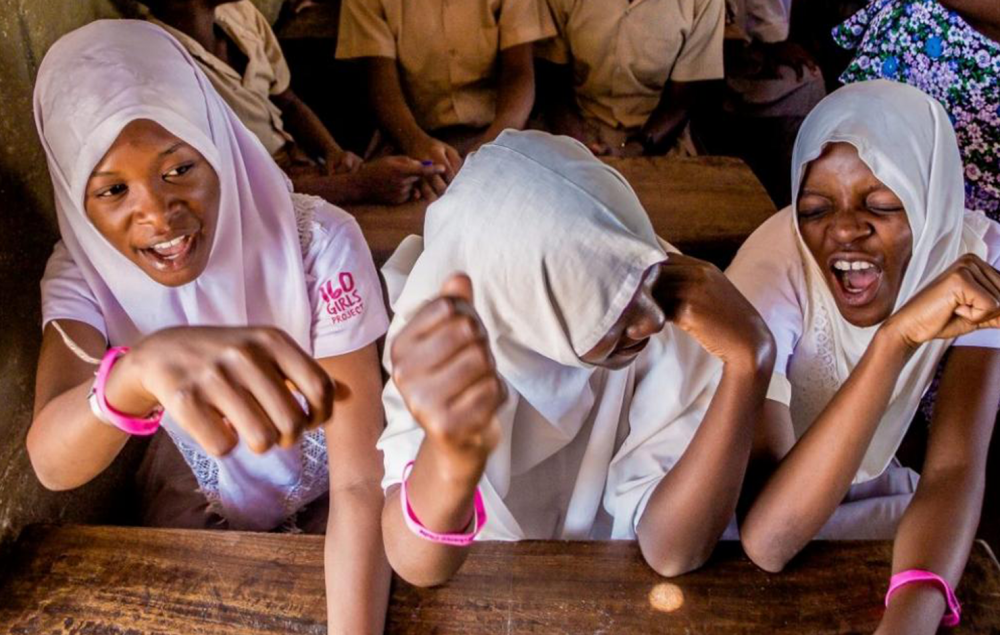
Partnering for Native Health
Alaska Legal Services Corporation, United States
Indigenous populations throughout the United States experience some of the greatest health inequalities. This project is the first US collaboration delivering health-impacting civil legal assistance to a target population of economically vulnerable indigenous individuals, specifically targeting remote and rural areas. PNH addresses indigenous peoples social determinants of health by using legal empowerment and education as a tool to improve the health and safety of tribal members, and establishing culturally appropriate locally based networks of civil legal attorneys embedded in the tribal health care delivery system.
Listen to WJP's Rule of Law Talk podcast episode featuring the Partnering for Native Health project: "Indigenous Communities and COVID-19: Local Challenges and Resilient Strategies for Building Back Better."
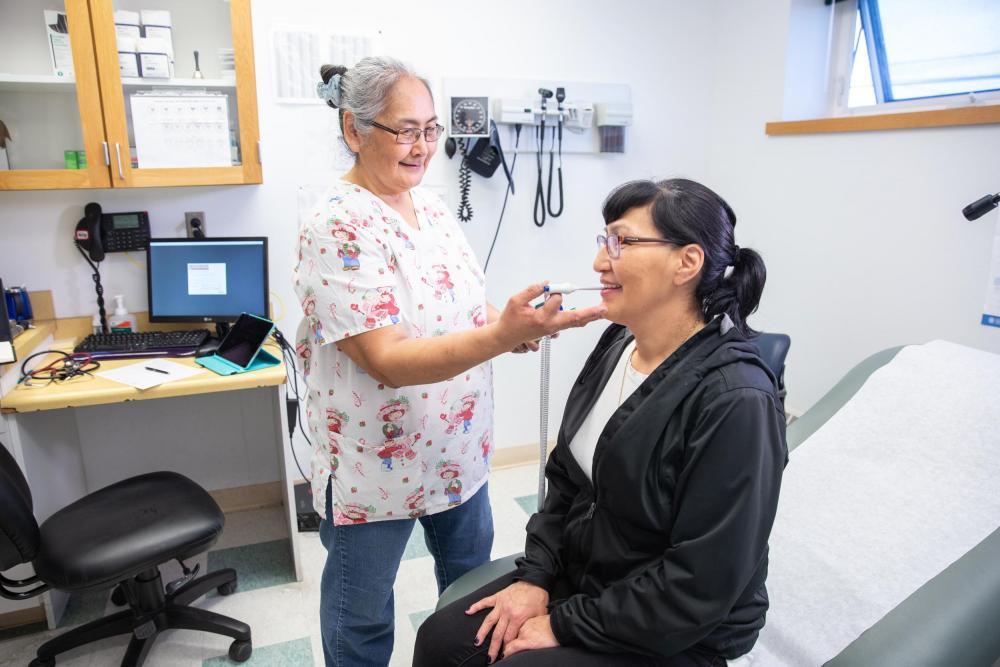
Malawi Resentencing Project
Cornell Centre on the Death Penalty Worldwide, The Malawi Legal Aid Bureau, and Reprieve; Malawi
In 2007, the Malawi High Court struck down the mandatory death penalty on the grounds that it violated the accused's constitutional rights to a fair trial and access to justice. This project was established in 2014 by a coalition of stakeholders to secure and support new sentence hearings that adhered to international fair trial standards.
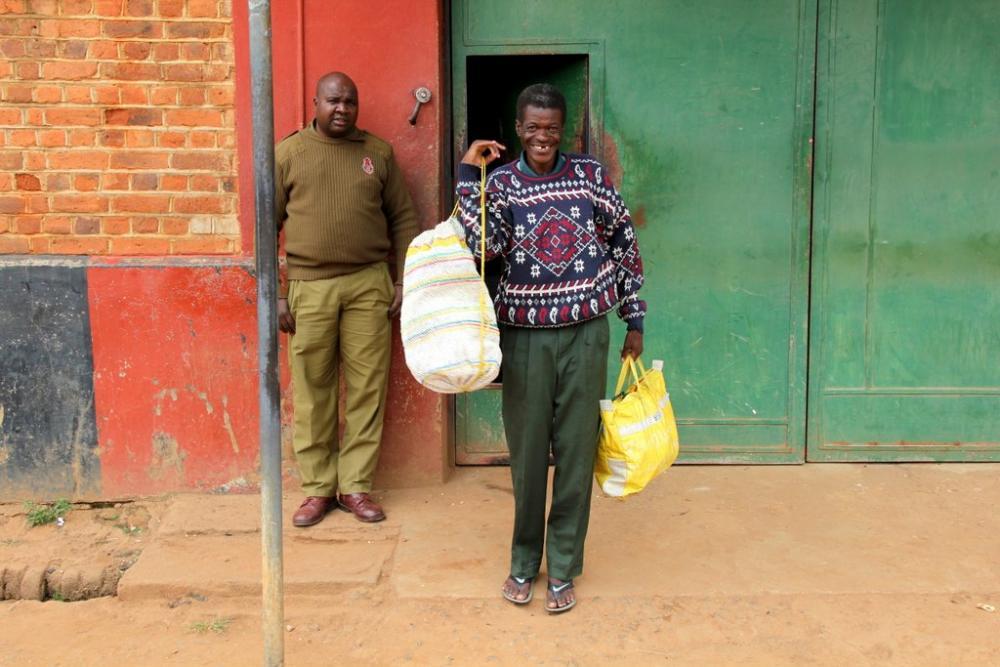
Riverine People and the Right to Full Reparation
Instituto Socioambiental - ISA, Brazil
In 2015, 300 families who lived on the islands and banks of the Xingu River, state of Pará, Brazil, were forcibly displaced from their homes to make way for the reservoir of Belo Monte hydroelectric power plant. This project, through strategic advocacy and a broad negotiation with the Brazilian government and the corporation, was able to influence the elaboration and implementation of an adequate reparation policy for traditional populations impacted by large infrastructure projects.
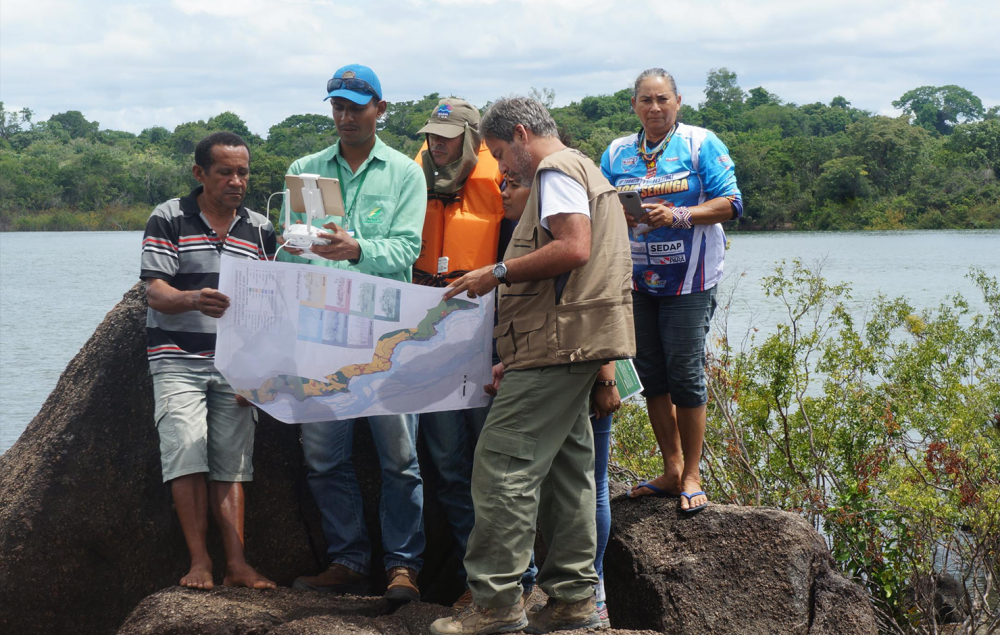
Monitoring Maternal Health Entitlements & Increasing Access to Grievance Redressal
Nazdeek, India
The State of Assam experiences the highest maternal mortality rate in India. Health concerns are compounded on tea plantations where workers face substandard working conditions that negatively impact their health. This project developed grievance forums to identify and monitor rights violations, provide a mechanism for communities and the legal/administrative systems to discuss issues and concerns, and ultimately assist women in seeking redressal for their maternal and child health problems.
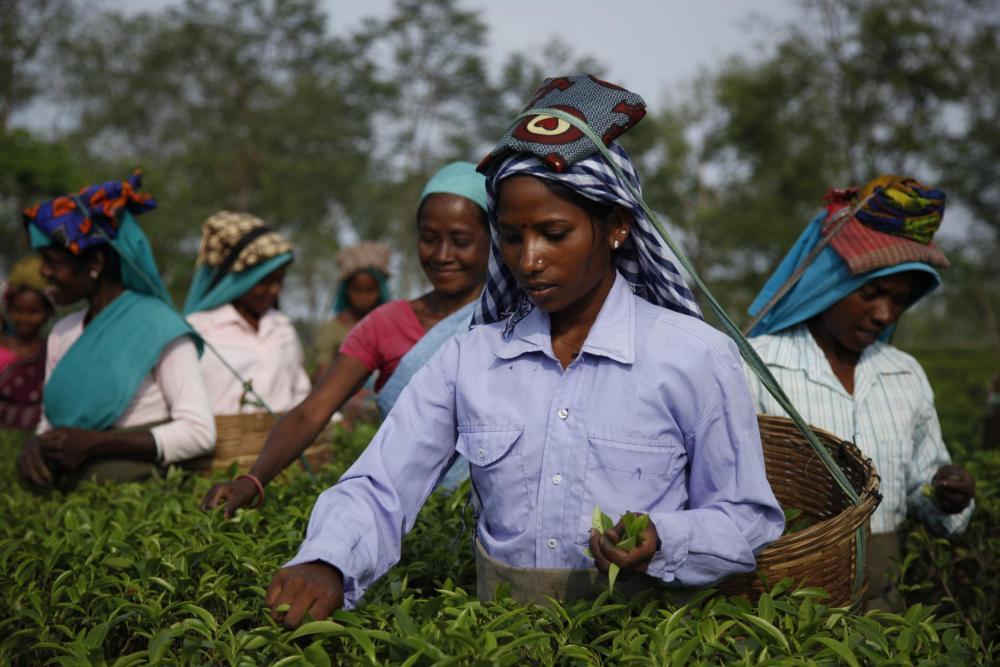
World Justice Challenge 2019 Finalists
The 2019 World Justice Challenge received a wide range of applications highlighting projects tackling the justice gap from nongovernmental, governmental, and civil society organizations. The five winning World Justice Challenge projects—selected out of 30 finalists and over 250 submissions—represent a small portion of some of the best work being done globally to increase access to justice. Browse all finalists:
Safeguarding the Rights of Detainees in Jordan
Adaleh Center for Human Rights Studies | Jordan
Although torture is outlawed in the Jordanian constitution, it still occurs, as evidenced by the filing of 80 reports of torture to courts over two years. The continuation of this practice stems from the lack of access to justice that detainees experience. Adaleh addresses this issue by providing free legal aid and education to torture victims and through trainings for public officials.
Partnering for Native Health
Alaska Legal Services Corporation | United States
Indigenous populations throughout the United States experience some of the greatest health inequalities. This project is the first US collaboration delivering health-impacting civil legal assistance to a target population of economically vulnerable indigenous individuals, specifically targeting remote and rural areas. PNH addresses indigenous peoples social determinants of health by using legal empowerment and education as a tool to improve the health and safety of tribal members, and establishing culturally appropriate locally based networks of civil legal attorneys embedded in the tribal health care delivery system.
Impacts of Environment and Justice for All
Asian Development Bank & Asian Judges Network on Environment (AJNE) | Philippines
As environmental litigation has increased, the need for judges to have the capacity to handle such cases with an environment and climate lens has become imperative. This project has helped strengthen environmental and climate justice in Asia by developing judicial capacity for adjudicating climate change and sustainable development issues. It also assists country judiciaries in enhancing access mechanisms through establishment of 'green courts,' development of rules of procedure for environmental cases, and building a strong regional network for environmental governance.
Peace and Justice Project
Association for a More Just Society | Honduras
Honduras continues to suffer one of the highest homicide rates in the world, and many crimes go unreported due to a lack of trust in the system. This project partners with communities, local security, and justice actors to support the police in the investigation of crimes, assist the courts in arguing the cases, and walk alongside victims and communities as they navigate the judicial process.
Reducing the Gender Gap and Fighting for Social Protection in Mexican Laws
Centro de Análisis y Defensa de Derechos (CADD) | Mexico
Inequality can be maintained through laws that do not apply equally to all people. This project uses strategic litigation to address discriminatory social security laws in Sonora to improve women's labor rights and protect the notion of equal justice for all.
Community Justice Teams
Citizens Bureau for Development and Productivity | Liberia
When citizens face legal challenges in Liberia, the lack of legitimacy, affordability, accessibility, and timeliness of the formal justice system often prevents any feasible recourse. Extensive bureaucratic red tape coupled with transportation and legal costs, lawyer fees, and the opportunity costs of foregone work make the justice system both physically and financially unavailable to many. This project addresses issues with the formal justice systems in Liberia by supporting mediators who resolve disputes at the local level, ensuring that they do not escalate into violence.
Tackling Illegal Fishing and Human Trafficking in the Thai Fishing Industry
Environmental Justice Foundation | Thailand
The Thai fisheries sector has been suffered from illegal, unreported, and unregulated fishing, and labor abuses including human trafficking. Migrants specifically have been trafficked onto Thai fishing vessels and subjected to violence and abuse. This project has investigated the industry which has resulted in better fisheries governance. Technical measures and better policies are beginning to show meaningful impacts, stabilizing fish stocks and improving conditions for exploited migrant workers.
Riverine People and the Right to Full Reparation
Instituto Socioambiental - ISA | Brazil
In 2015, 300 families who lived on the islands and banks of the Xingu River, state of Pará, Brazil, were forcibly displaced from their homes to make way for the reservoir of Belo Monte hydroelectric power plant. This project, through strategic advocacy and a broad negotiation with the Brazilian government and the corporation, was able to influence the elaboration and implementation of an adequate reparation policy for traditional populations impacted by large infrastructure projects.
iProbono's Access to Justice Programme for Children
iProbono | India
It is extremely difficult for children to afford quality legal representation. Moreover, India's pro bono culture is limited and fails to meet the country's demand. On the other hand, there are many lawyers who want opportunities to engage in meaningful pro bono work, but do not have an avenue to find clients. This project seeks to bridge this gap by connecting a community of lawyers to disadvantaged children across India so that they may have access to quick and expert pro bono legal assistance.
Housing Justice App
JustFix.nyc | United States
In New York City, millions of low-income tenants face wrongful eviction, harassment, and poor housing conditions and must represent themselves in housing court. Furthermore, the process to seek resolution is complicated and imbalanced - 90% of tenants in Housing Court don't have legal representation, while 90% of landlords do. This project assists tenants in gathering evidence, mediating with their landlord through templated communications, reporting violations to city agencies, connecting with organizers and attorneys, and presenting a "case history" in housing court.
Legal Aspects of Palliative Care
Kenya Hospices and Palliative Care Association (KEHPCA) | Kenya
Among the psychosocial needs of palliative care patients are legal needs which include delegation of decision making and powers of attorney, property inheritance, the drafting of wills, patient rights and responsibilities, and palliative care as part of the right to health. Through this project's advocacy and capacity building, healthcare workers, lawyers, and paralegals are empowered to support patients with their palliative care legal rights.
M-Haki-Haki Mkononi
Kituo Cha Sheria-Legal Advice Centre | Kenya
Providing legal assistance in rural areas is often difficult, as most lawyers and organizations are located in big cities. This project seeks to use SMS technology to provide legal assistance to rural communities in an accessible and cost effective way.
Alternative Dispute Resolution (ADR)
Legal Aid Society | Pakistan
The Pakistan justice system faces a number of challenges including an insufficient number of judges, a high number of pending cases, delays in dispute resolution through courts, and high costs of litigation. This project reduces the burden on the courts and provides speedy justice through the utilization of formal and semi-formal alternative dispute resolution mechanisms.
Legal Aid Clinic
Legal And Human Rights Centre | Tanzania
When faced with legal problems, most Tanzanians cannot afford to pay lawyers and lack knowledge of available remedies and legal options. This project has adopted various strategies to make access to justice a reality, including producing self-help kits to increase procedural knowledge, providing mobile legal aid, and supporting advocacy that resulted in the adoption of the 2017 Legal Aid Act.
Nationwide Legal Awareness Project I Have A Right
Ministry of Justice Ukraine | Ukraine
Central to achieving equal access to justice for all is improved legal awareness and legal aid services. This project aims to raise legal awareness and improve the quality of justice journeys in Ukraine through social campaigns, legislative changes, and the provision of free legal aid.
Justice is Written Differently for Women, Girls, and Boys
Mujeres en Frecuencia A.C. | Mexico
Mexico faces a crisis of violence against women, girls, and children. This project uses creative communications strategies to address discrimination, raise legal awareness, and help promote a culture of lawfulness.
Monitoring Maternal Health Entitlements & Increasing Access to Grievance Redressal
Nazdeek | India
The State of Assam experiences the highest maternal mortality rate in India. Health concerns are compounded on tea plantations where workers face substandard working conditions that negatively impact their health. This project developed grievance forums to identify and monitor rights violations, provide a mechanism for communities and the legal/administrative systems to discuss issues and concerns, and ultimately assist women in seeking redressal for their maternal and child health problems.
Red Hook Community Justice Center
Red Hook Community Justice Center/Center for Court Innovation | United States
Disparities in the justice system have been well-documented—and people of color, youth, and individuals with mental illness are disproportionately affected. This project addresses the underlying issues (e.g. poverty, unemployment, substance abuse) that bring people into the justice system. More than a court, the Red Hook Community Justice Center offers a hub of services that are available to anyone in the community, court-involved or not. In this way, the project redefines the role of the justice system as a place where people come for help and can expect to be treated with dignity and respect.
Malawi Resentencing Project
Cornell Centre on the Death Penalty Worldwide, The Malawi Legal Aid Bureau, and Reprieve | Malawi
In 2007, the Malawi High Court struck down the mandatory death penalty on the grounds that it violated the accused’s constitutional rights to a fair trial and access to justice. This project was established in 2014 by a coalition of stakeholders to secure and support new sentence hearings that adhered to international fair trial standards.
Workplace Safety Compensation and Accountability
Safety and Rights Society (SRS) | Bangladesh
Bangladesh's construction industry experiences a high rate of workplace accidents. Workplace victims are entitled to compensation, but are often unaware of their rights. This project protects the compensation rights, provides legal support to injured workers, and advocates for improved health and safety conditions in the construction sector.
Enhancing Coordination Among Stakeholders for Effective Prosecution of Sex Trafficking Crimes in Nagpur Maharasthtra
Save the Children India | India
The rate of successful prosecutions for sex-trafficking crimes in Maharashtra State of India has been as low as 5%. This project uses a structured form of collaboration among key actors including the police, prosecutors, judges, NGOs, lawyers, and paralegals to improve coordination and increase the effectiveness of prosecuting trafficking crimes.
Learned Hands
Stanford Legal Design Lab in Partnership with Suffolk LIT Lab | United States
Often people do not seek legal help for their problems because they do not understand their problems to be legal. This project seeks to identify people's legal needs through analysis of online forums, by spotting people's issues through their online writing, and ultimately seeks to connect people with legal resources that are jurisdiction correct, issue-specific, and immediately actionable.
E-lawyering: Criminal Justice and Accountability through Mobile Technology
The Asia Foundation, Philippines | Philippines
Following the implementation of the Philippines government's war on drugs, a growing number of grievances over extrajudicial police violence have gone unaddressed due to overburdened public defense institutions. E-lawyering connects Filipinos to free legal and psychological aid through a 24-hour hotline and legal missions to vulnerable communities.
160 Girls Access to Justice Project
The Equality Effect | Kenya
Nearly two-thirds of Kenyan girls experience sexual assault. In 2012 the Kenyan High Court found that police failure to enforce existing rape law had created a climate of impunity. This project is working to change this culture through police trainings, education, and creative legal advocacy projects.
Apprise: Proactive and Consistent Screening of Vulnerable Populations for Labour Exploitation
The Mekong Club & United Nations University - Institute on Computing and Society | Hong Kong
Identification of trafficking victims is crucial to the fight against modern slavery. This project enhances frontline responders' screening of potential trafficking victims by using a mobile app designed to increase the frequency, inclusivity, confidentiality, and consistency of the screening process.
Open Courts Portal - Making Judiciary Accountable
Transparency International Slovakia | Slovakia
In 2011, Slovakia sought to increase trust in the judiciary through transparency by publishing final judicial verdicts and publicizing performance data. This project aggregates the newly released data into a single database with user-friendly visualization to facilitate the public's use and analysis of the information.
Women and Land Corruption Project
Transparency International Zimbabwe | Zimbabwe
In many situations, women are denied access to land, evicted from the land they own, and have no legal remedy. This project seeks to empower women through Corruption Resistance Teams to fight against land grabbing, and advocate for more land security.
Rule of Law Partnership in Uzbekistan
UNDP Uzbekistan | Uzbekistan
The Uzbek civil justice system has been critiqued for its lack of transparency, length of court proceedings, and ineffective interaction with court users. This project has developed and introduced a national e-justice system for civil courts to increase accessibility, efficiency, and convenience.
Transnational Environmental Accountability Project
University of Maryland Carey School of Law | United States
Some international lending and investment institutions, such as the World Bank and the Asian Development Bank have implemented policies to safeguard the environment, but a growing proportion of international investment flows come from other institutions such as the China Development Bank and the China Ex-Im Bank that do not yet have such policies. This project works with environmental law scholars, public interest lawyers and law students from China and the US, to hold multinational corporations, especially those from China, accountable for their environmental and human rights violations in developing countries.
YouthLab: Championing the Voice of Youth Deprived of their Liberty
Young in Prison | Netherlands
The moment a young person commits an offence and is deprived of his/her liberty, (s)he enters a new and intimidating world, run by adults that speak a foreign language full of legal jargon, with an uncertain future. Most young people feel alienated and lost, which has a negative impact on their wellbeing, contact with professionals, and ability to participate. This project trains legal professionals on child-friendly communication skills to emphasize respect and give young people the means to increase control of their own case by including children and youth in training and applying a method where youth play a central role in delivering the training to professionals.
World Justice Challenge 2019 Honorable Mentions
The World Justice Project was also pleased to recognize the following ten projects as 2019 World Justice Challenge honorable mentions. These projects were invited to present their work in the World Justice Forum Expo alongside finalist projects:
- The Radical Approach in Liberia, ClientEarth in association with Heritage, Partners and Associates, Inc., Liberia
- Gender Mobile Initiative, Gender Mobile, Nigeria
- Virtual Reality Legal Training, Harvard Law School: Access to Justice Lab, United States
- Citizenship Rights and Access to Justice For All, Nubian Rights Forum, Kenya
- Provakil, PVKL Tech Services Private Limited, India
- Health Care Model for Women and Children in Prison, Reinserta Un Mexicano A.C., Mexico
- Arizona Eviction Help, Stanford Legal Design Lab, United States
- Game App "Gebnya," Team 29, Russia
- Fair Trial Project, The Cambodian Center for Human Rights, Cambodia
- Court Compass, The Institute for the Advancement of the American Legal System (IAALS), United States
To see more practical programs, please visit the WJP Program Library, which catalogs on-the-ground rule of law solutions the WJP has inspired and fostered through early-stage funding and network connections in 61 countries to date.
The 2019 World Justice Challenge competition was made possible through sponsorship by the WJP's League of Law Firms and Law Departments.
